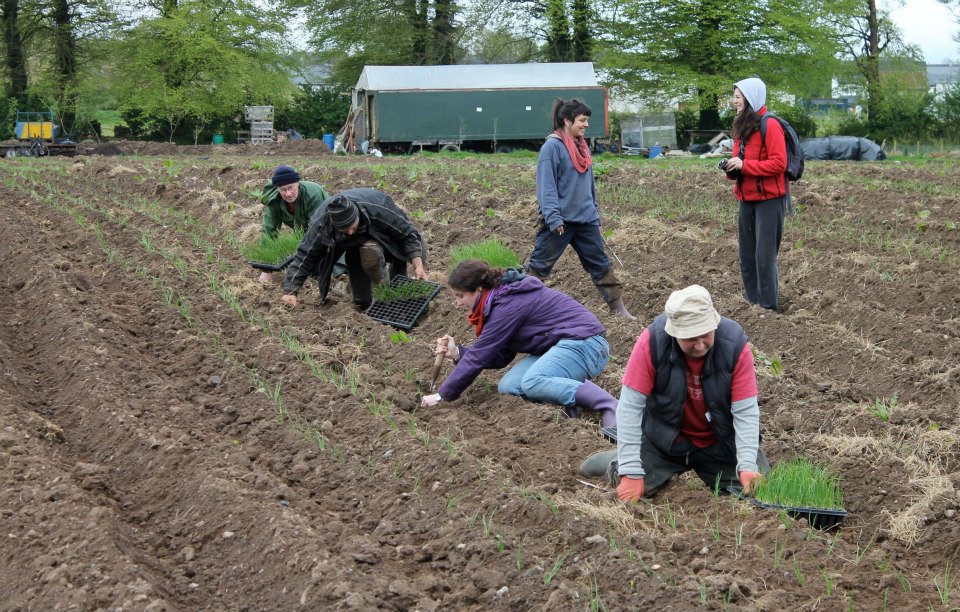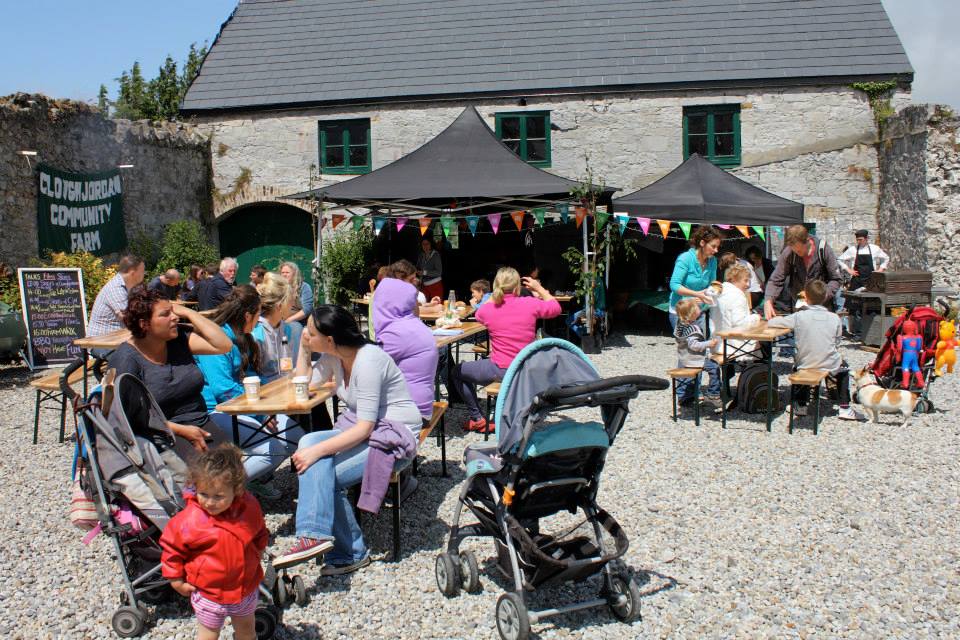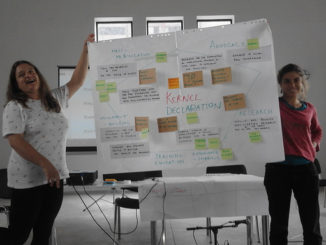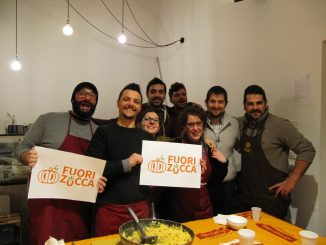Did you know we still have slavery in the EU? Its difficult to associate salad leaves or a side portion of vegetables, sourced from within the EU, as funding forced labour. Nevertheless, report after report on the terms and conditions of workers – especially in horticulture on the European side of the Mediterranean rim – have revealed appalling conditions which include forced labour, routinised rape and inhuman shelter and food. These fit the International Labour Organisation’s definition of forced labour. There are ways forward, at policy and citizen level. Oliver Moore explores.

On Sunday The Guardian carried a story on such conditions in Ragusa Sicily, where the report claimed Romanian farm workers are suffering from horrendous abuse. Incredibly, these even reveal cases of nightly rape at gunpoint, regular beatings, refusal of medical treatment and a diet of cat food.
An Italian migrant rights organisation, the Proxyma Association, estimates that more than half of all Romanian women working in the greenhouses are forced into sexual relations with their employers. Almost all of them work in conditions of forced labour and severe exploitation.
Police say they believe that up to 7,500 women, the majority of whom are Romanian, are living in slavery on farms across the region. Guido Volpe, a commander in the carabinieri military police in Sicily, told the Observer that Ragusa was the centre of exploitation on the island.
“These women are working as slaves in the fields and we know they are blackmailed to have sex with the owners of the farms or greenhouses because of their psychological subjugation,” he says. “It is not easy to investigate or stop this from happening, as the women are mostly too afraid to speak out.”
We in ARC2020 have revealed over the years extreme labour conditions, also suffered by Romanian workers. In Romania itself, our ecoruralis contributors exposed the situation whereby “grown men were working 12 hour days for a loaf of bread or some flour“
As we revealed in 2014:
Company trucks scoop through southern villages every morning, gathering day laborers for the lands administered by InterAgro. People come from as far as some tens of kilometers with the hope that by the end of a long working day, they will receive 40-50 Lei (10-12 Euro), according to the law. This rarely happens. Most of the time they receive their Spring works’ worth as late as Christmas.
According to one farm manager, in 2013 day laborers worked all spring and summer just for some food: they received a daily quota of food products, bread, oil or flour produced by InterAgro’s facilities. At the beginning of the year they also received a hot meal, but then it was reduced to one bread per day.
There have been regular exposés in the Guardian of such practices, in particular by Felicity Lawrence. Here she summarises some of these revelations from the last ten years. Examples include million pound settlements to Lithuanian workers in the UK “who were trafficked to work on farms producing eggs for high street brands” and what charities claimed were abuses that “meet the UN’s official definition of modern-day slavery”.
So what’s the solution? Abuses so deeply ingrained are difficult to uproot. But the history of the 19th and 20th Centuries is in part a history of people coming together to fight both slavery and poor labour conditions. Better enforcement of current legislation, advocacy for migrant workers, comprehensively dealing with the refugee crises are all vitally important to dealing with this level of worker abuse.
Letizia Palumbo and Alessandra Sciurba published a paper in Anti-Trafficking Review about Romanian women migrant workers in Ragusa, Sicily. They point out that “the mistreatment experienced by participants in this study can be regarded as cases of forced labour and trafficking, based on International Labour Organization (ILO) indicators and the definition of trafficking provided by the Directive 2011/36/EU.”
They suggest that the limited nature of the rights granted by EU citizenship and the definition of trafficking in the EU need to be addressed. The authors add: “labour rights measures and anti-trafficking interventions have to be combined based on a comprehensive approach aimed not only at assisting victims, but also at tackling the structural factors that create their vulnerability.”
As citizens, we can agitate for these issues. We can give practical and other support to those fighting for labour, migrant and refugee rights.
We can also come together and work to reorganise the agri-food system from the ground up. This may sound grandiose, but its doable – and its being done. Community Supported Agriculture is growing, with over 4000 such farms now operating in Europe, CSA network organiser’s Urgenci reveal. CSAs are about labour too – they are not just abut organic vegetables.

In the CSA – Community Supported Agriculture – initiative I’m a member of, in Cloughjordan Ireland, we pay E40,000 in wages out of our own pockets to employ two farmers part time to produce food for our community. It’s not enough, and they work more than the hours we pay for. But its as much as we can afford right now, as we are also paying for every aspect of running a farm from our own at times quite meager money. We pay irrespective of the harvest, we pay through extreme, crop destroying weather conditions – we pay for the work done and the needs of the farm – that’s how CSA is.
Its usually abundant, its both fun and more meaningful to be a part of how your community produces its own food. But we are not fair weather friends of the farm. Its an all weather, for better or worse, for richer for poorer, in sickness and in health sort of arrangement.

Any small group of citizens can come together, approach a farmer or potential farmer and make an arrangement with them. Any area – a town, a collage campus – with a few dozen people who engage with each other can do this – a group who play a game of soccer on a monday, attend a keep fit class, a film club, a special interest group, a college society – any group of people can do this. With CSA, you have a say in what is produced and how it is produced. You – you – pay the wages. You visit the farm. You help out with the harvest or other farming activity when help is needed.
The hidden cost of the industrial agri-food system isn’t just pesticides and other potentially dodgy inputs. Its the kinds of labour conditions we thought we’d left behind. 50 years ago Martin Luther King said the following:
“before you finish eating breakfast in the morning, you’ve depended on more than half the world. This is the way our universe is structured, this is its interrelated quality. We aren’t going to have peace on Earth until we recognize this basic fact of the interrelated structure of all reality.”
This is still true today. But it doesn’t have to be. From Fair Trade to CSAs, from policy to practical help, there are ways we can all work for land worker’s rights.
Cloughjordan Community farm is holding a 2 day Feeding Oursleves event April 8-9th.





